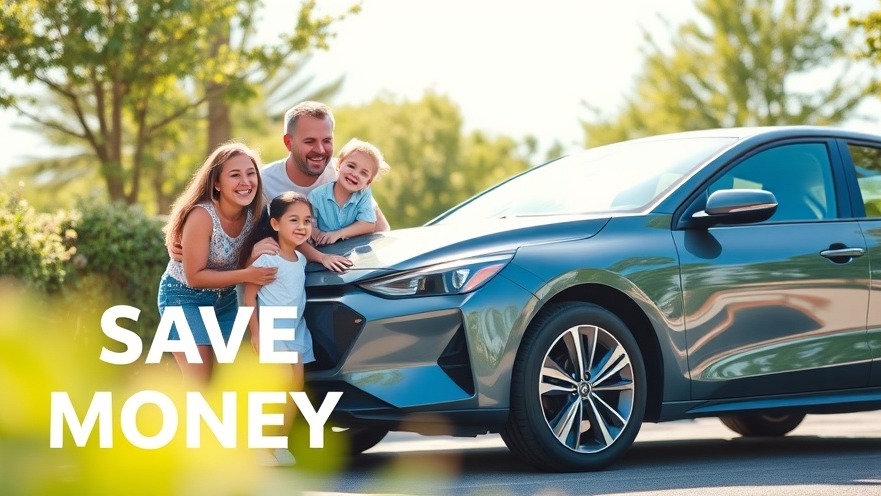
Hybrid Cars: A Financial No-Brainer
If you’re in the market for a new vehicle, you may be wondering, do hybrid cars really save you money? In today’s world, where fuel prices fluctuate and environmental concerns grow, it’s an important question. Understanding whether hybrids offer a better financial deal than traditional gas-powered vehicles can make a significant difference in your wallet. Let’s explore five key reasons why hybrid cars help you save more money in the long run.
In '5 Ways Hybrid Cars Save You More Money Than Gas Cars', the discussion dives into various financial advantages of hybrid vehicles, exploring key insights that sparked deeper analysis on our end.
Fuel Efficiency: A Game Changer
The most obvious advantage of hybrid cars is their impressive fuel economy. On average, hybrid vehicles can be about 30% more fuel-efficient than their gasoline counterparts. For instance, the Toyota Corolla Hybrid gets approximately 53 miles per gallon, while the conventional Corolla rates at about 42 miles per gallon. Even though the price difference between these models is about $1,500, the fuel savings can quickly recoup that premium within just a few years. As fuel prices continue to rise, driving a hybrid could save you more than you think.
Resale Value: A Hidden Profit
One of the biggest misconceptions about hybrid cars focuses on their depreciation. However, hybrids often come with a higher resale value compared to traditional vehicles. Popular hybrid models, such as the Toyota RAV4 hybrid, typically depreciate by only 31% after five years, significantly better than the industry average of 46%. This clear demand in the used car market ensures that the money you invest in a hybrid could return more upon resale.
Maintenance Cost: Less is More
Another financial bonus of owning a hybrid is the lower maintenance costs. Many hybrid vehicles come equipped with regenerative braking systems that can extend the life of brake components significantly—up to three times longer than traditional brakes. Additionally, hybrids often eliminate the need for several parts typical in gas vehicles, like belts and conventional starters, which contributes to lower overall maintenance.
Long-lasting Reliability: Peace of Mind
Reliability is crucial when purchasing a vehicle. The hybrid systems developed by well-known brands like Toyota and Honda have proven their durability over the years. With warranties covering hybrid batteries often extending up to 10 years, you can rest easy knowing that this component will likely last the lifespan of the vehicle itself. Many hybrids are built to last, with some even surpassing 250,000 miles without major issues.
Lower Risk of Major Repairs: Simplicity is Key
Many people assume that hybrids are more complex, which leads to a higher chance of significant repair costs. However, this isn’t always the case. Though hybrids have additional systems, many components common in traditional gas cars—like complicated transmissions—are eliminated or simplified. This means lower chances of facing substantial repair bills [like $8,000 for a transmission failure] and fewer parts that could break down over time.
In conclusion, the benefits of switching to a hybrid vehicle are clear. Between the upfront savings in fuel, the value retained through resale, reduced maintenance costs, proven reliability, and lower risk of costly repairs, hybrids are not just a green choice—they’re a smart financial investment.
For anyone considering a new hybrid purchase, stay informed! Research various models and understand your options. You could be making a choice that not only benefits the environment but also your finances!
 Add Row
Add Row  Add
Add 




Write A Comment